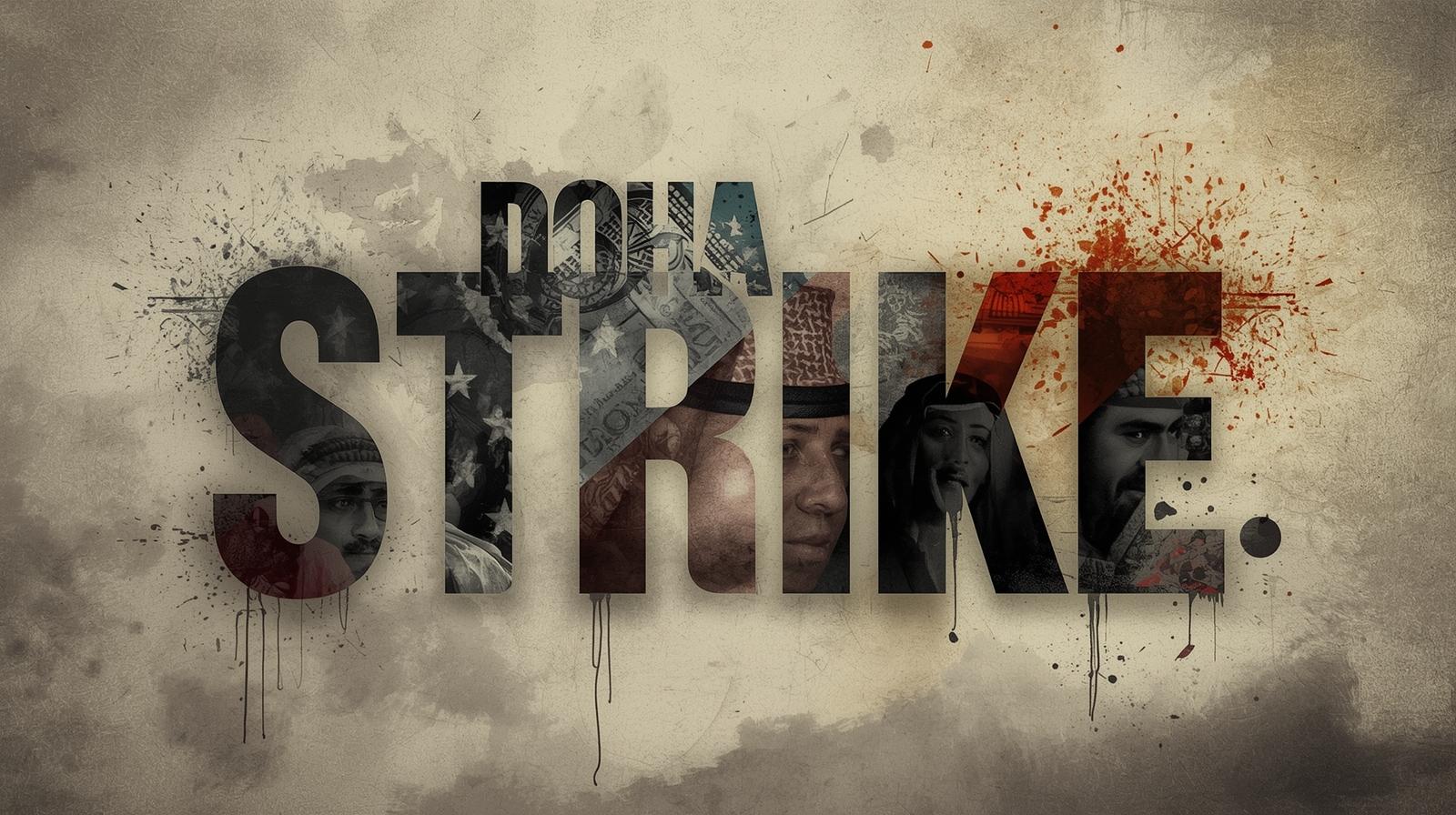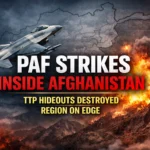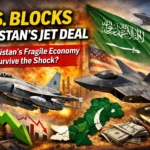Introduction: From Comfort to Crisis
For decades, the Gulf states have lived in an oasis of comfort. Their deserts turned into cities of glass, oil wealth flowed into mega-projects, and the skyline became their identity. Dubai, Doha, and Riyadh projected images of prosperity and safety, while U.S. military bases provided the illusion of an unbreakable shield.
But that illusion shattered when Israel launched a strike on Doha. Within days, the United States targeted Iran’s nuclear facilities, and Tehran retaliated by striking a U.S. base in Doha. Suddenly, the Gulf was no longer watching conflicts from a safe distance — it had become the battlefield itself.
The Shock of Doha: A Region Shaken
For ordinary Gulf citizens, the attack was surreal. The same Doha that hosted the FIFA World Cup and global summits now echoed with the sound of missiles. For rulers, it was a blunt reminder that wealth and skyscrapers are no defense against modern precision warfare.
Most strikingly, the Doha attack united the Gulf states in condemnation. Even countries long at odds with Qatar stood firmly against it. This wasn’t simply solidarity; it was fear. If Doha could be targeted, then Dubai, Riyadh, or Manama could be next.
The End of the U.S. Shield Illusion
For years, Gulf monarchies believed American bases guaranteed security. Yet, the Doha strikes exposed the cracks:
- The U.S. couldn’t stop Israeli actions.
- It couldn’t prevent Iran’s retaliation.
- And its shifting priorities left Gulf rulers questioning whether Washington would truly protect them in a wider war.
This has triggered a sobering realization: the Gulf cannot outsource its survival forever.
From Skyscrapers to Security: A New Gulf Mindset
The attack has forced Gulf leaders into a strategic rethink:
- Defense Spending Surge – Expect investments in missile shields, drones, and cyber defense to rise alongside luxury mega-projects.
- GCC Security Cooperation – Old rivalries may give way to renewed military alignment, at least to guard against common threats.
- New Global Partners – Russia, China, and Turkey are positioning themselves as alternative security guarantors in a region no longer fully trusting U.S. promises.
- Israel Factor – The Abraham Accords opened doors to normalization, but the Doha strike may force Gulf states to reconsider how close they can stand with Tel Aviv.
Conclusion: The Gulf’s Turning Point
The Gulf’s golden decades of wealth-first thinking are over. The attack on Doha is a watershed moment a reminder that prosperity without protection is fragile. For the people, the glass towers they once admired now feel like vulnerable targets. For rulers, the question has shifted from “What comes after oil?” to “What if we are next?”
This is more than a regional skirmish. It is the end of Gulf immunity and the beginning of a new era where economics, politics, and defense are inseparably linked. Doha will be remembered not only as a strike on Qatar, but as the day the entire Gulf awoke to its own vulnerability.










